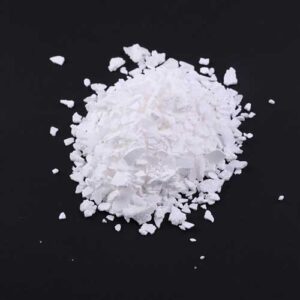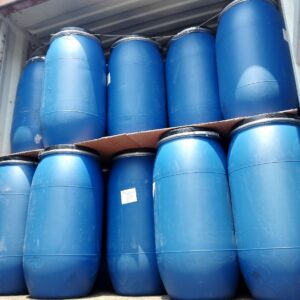Calcium Carbide in its pure form is colourless but its technical grade pieces are grey or brown in colour. They consist of approximately 80-85% Calcium Carbide, the rest is calcium oxide, calcium phosphide, calcium sulfide, and calcium nitride etc. Calcium Carbide emits an unpleasant garlic like odour in the presence of moisture. It reacts violently with water.
Chemical Applications and Strengths
Calcium Carbide is an extremely efficient chemical compound and therefore, has many industrial applications. Its main applications and strengths are:
- Primarily, Calcium Carbide is used for the production of acetylene and calcium hydroxide. The reaction of Calcium Carbide with water results in the formation of these two.
- Acetylene made from Calcium Carbide is used for the production of polyvinyl chloride.
- Calcium Carbide is also used for the production of calcium cyanamide. For this, Calcium Carbide is reacted with nitrogen at high temperature.
- Calcium Carbide has various applications in steelmaking.
- It is used for the desulfurisation of iron.
- It is used as a fuel to increase the scrap ratio to liquid iron.
- At the ladle treatment facilities, it is used as a powerful deoxidiser.
- Calcium Carbide is used in carbide lamps too.
- It is used along with calcium phosphide in floating and self igniting naval signal flares.
- It is used to determine the amount of moisture in soil.
- It is used as a mole repellant.
Storage: Calcium Carbide is extremely hazardous. Too many ashes will cause an explosion, so it should be strictly controlled.









Reviews
There are no reviews yet.